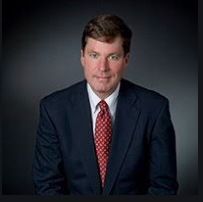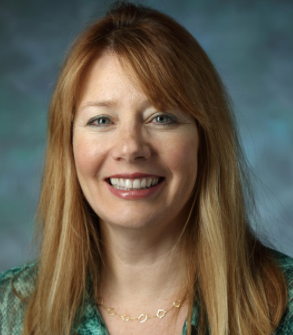Community colleges in Idaho and nationwide have responded quickly to the COVID-19 pandemic, making contributions to enhance capabilities of emergency responders and health care professionals. Community colleges have the unique capability to re-skill the workforce as Idaho and the nation prepare to return to productivity once the pandemic subsides.

Nursing graduates with the help and support of community college faculty successfully gained early certification in order to join other health care professionals answering the call for care. All of Idaho’s community colleges quickly adapted coursework to online platforms to not only ensure students kept making progress with the academic journeys but to ensure their safety from potential exposure to COVID19. Idaho community colleges are mainstays of community support and strength in all regions of our state. This pandemic illustrates again how the connection between our community colleges, their students and the families of the various regions in Idaho are closely tied together and work for the betterment of all.

On a national level, the two principal national associations for community colleges – the American Association of Community Colleges and the Association of Community College Trustees – have made COVID-19 a top priority. They worked to secure critical funding to meet basic needs of at-risk students and to ensure the nation’s community colleges have resources to continue teaching and learning as much as possible remotely while confronting the many impacts of COVID-19 on faculty, staff and students. They are providing guidance to help colleges safely provide critical in-person, experiential instruction that cannot be done at home for future welders and nurses, among others.
Students graduating from Idaho community colleges and two-year public colleges across the country are today’s essential workers – nurses, emergency medical technicians, respiratory therapists, truck drivers, law enforcement officers, among many others. Community colleges have always welcomed students who are older, have families, attend part-time, and are in need of re-skilling. In this era of a global pandemic and high unemployment, they also offer traditional-aged college students the opportunity to earn college credits close to home at a very affordable price.

Prior to COVID-19, the U.S. Congress authorized new community college workforce programs. The following are among the sectors where community colleges are essential:
- Advanced manufacturing – Congress directed the Department of Defense to prioritize Manufacturing and Engineering Education Program funding for community colleges.
- Apprenticeship – Community colleges are funded by the federal government to work with employers to establish apprenticeship programs that meet critical workforce needs in healthcare, information technology (IT), manufacturing and cybersecurity.
- Automation and unmanned systems – Community colleges are establishing new programs in robotics, unmanned systems, and other emerging areas of science, technology, engineering and mathematics (STEM). Recognizing these capabilities, Congress authorized a new Federal Aviation Administration program, “Community and Technical College Centers of Excellence in Small Unmanned Aircraft System Technology Training.”
- Energy – Congress has prioritized appropriations for the Department of Energy to support community college energy-sector workforce training.
Community college programs in Idaho and across the country will be essential to America’s post-pandemic economic recovery.
